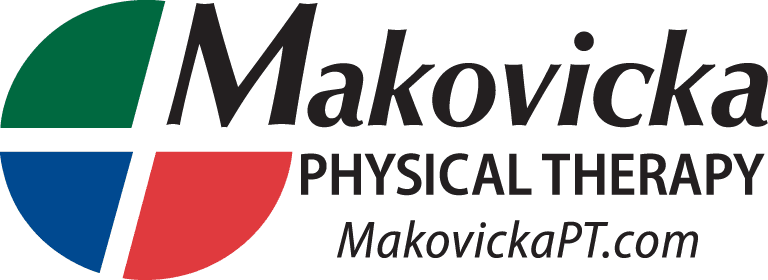What is cubital tunnel?
Have you been experiencing pain, numbness, or tingling inside your elbow or along your ring and pinky fingers? Do your symptoms increase with bending your elbow for a long time? You could be experiencing symptoms of the cubital tunnel, commonly with prolonged elbow bending and at night due to tension on the ulnar nerve. Another symptom of cubital tunnel is a weakened grasp.
Who is affected by cubital tunnel?
Those who experience the symptoms of cubital tunnel work in positions with elbows bent for long periods, complete repetitive pulling, reaching, or lifting, and often spend increased time leaning on their elbows. Potential other factors that can cause cubital tunnel include arthritis, bone spurs to the tip of the elbow, and fractures or dislocations that could disrupt the ulnar nerve. Spending increased time on phones, gaming, and computers with elbows bent may also lead to numbness and tingling in the pinky and ring fingers. Sleeping with elbows bent at your side may also increase the chances of developing a cubital tunnel.
What does testing look like?
There are several options that a hand therapist or hand surgeon might use to determine if a person has a diagnosis of cubital tunnel. There is an elbow flexion test, Tinel’s sign, and nerve conduction studies or EMGs. An EMG test will stimulate a nerve and monitor the neuromuscular response. The tests can help determine the severity of the symptoms to the ulnar nerve and the compression site.
What is the treatment for cubital tunnel?
Treatment will consist of a team approach through your hand surgeon and a hand therapist. Occupational hand therapists provide hands-on care to improve symptom management, provide education on braces or elbow pads, prescribe nerve gliding exercises, and for recommendations to alter your activities or body mechanics so you can continue to participate in your regular daily routine. Treatment can last 4-6 weeks or longer, depending on the severity of symptoms. Your doctor may at first prescribe an NSAID (Nonsteroidal anti-inflammatory drug). Your doctor may recommend surgery if nonsurgical methods do not improve your symptoms if the nerve is very compressed, or if there is muscle weakness or damage. Further occupational therapy is often recommended for optimal recovery after surgery to restore motion and strength.

